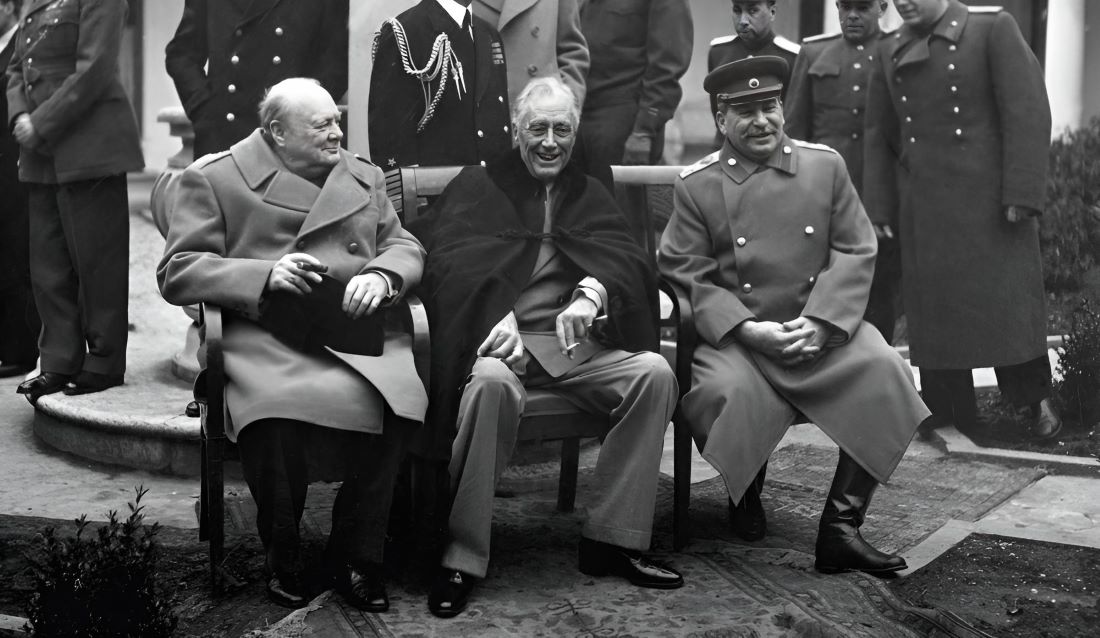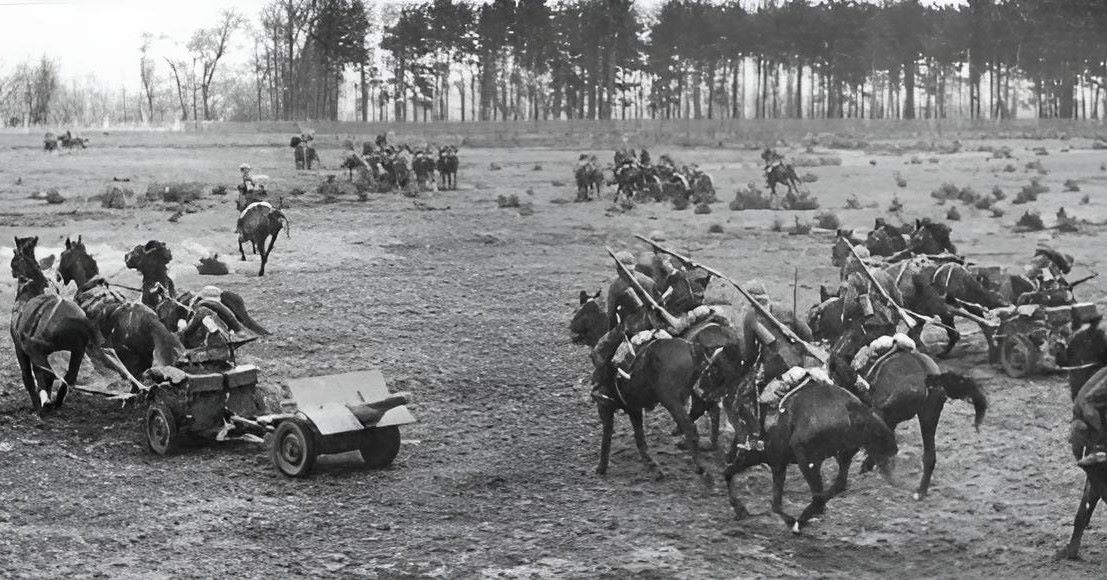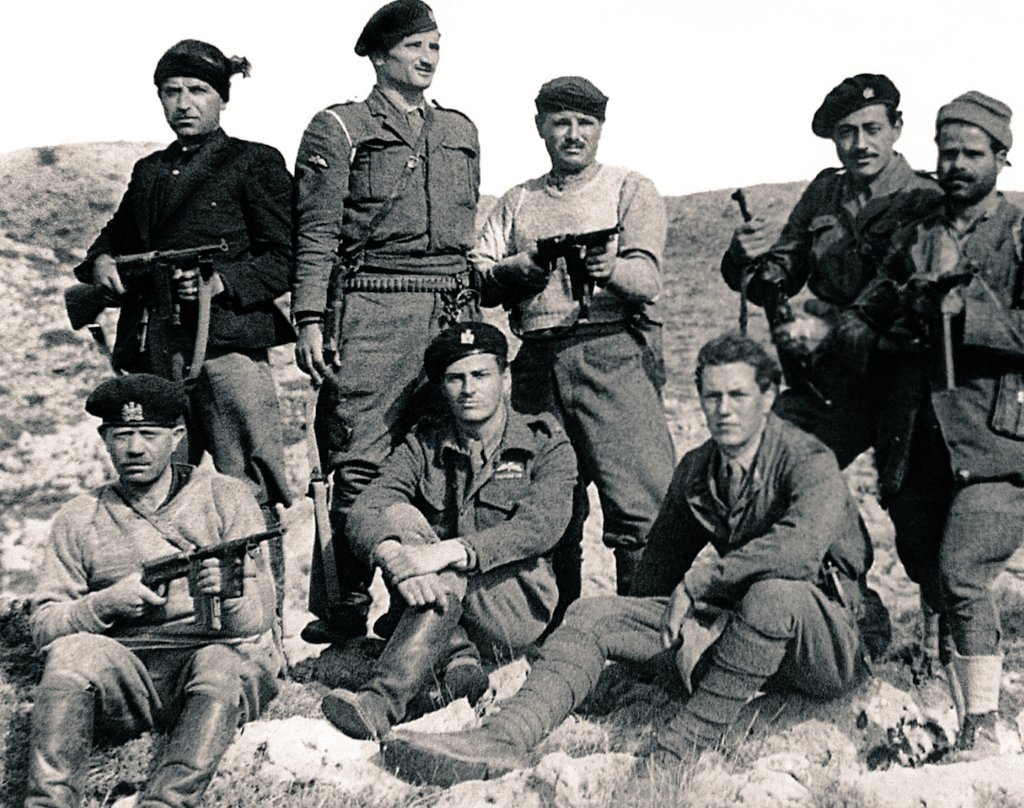
Behind Enemy Lines: The Daring Abduction of General Kreipe
Featured Image: Members of the Kreipe abduction team (Source: Public domain)In the spring of 1944, amid the tumult of World War II, a covert operation unfolded on the island of Crete, leaving a mark in the annals of military history. This daring mission, led by British Special Operations agents and Greek partisans, aimed to kidnap General Heinrich Kreipe, a prominent German commander. The operation, a blend of audacity and strategic significance, was not just a military endeavor but also a symbolic act of resistance against the Axis powers. The abduction of Kreipe, executed with meticulous planning and sheer bravery, stands as a testament to the extraordinary efforts of the Allied resistance in the face of overwhelming odds.
Masterminds and Initial Targets
The kidnapping of General Heinrich Kreipe was orchestrated by a group of exceptional individuals from the British Special Operations Executive (SOE) and the Cretan resistance. The operation was primarily led by Major Patrick Leigh Fermor, a British officer renowned for his linguistic prowess and deep understanding of Greek culture. Accompanying him was Captain W. Stanley Moss, a skilled operative whose memoirs later chronicled the daring mission. Their expertise, combined with the invaluable support of local partisans, forged a team capable of executing one of the war’s most audacious acts of espionage.
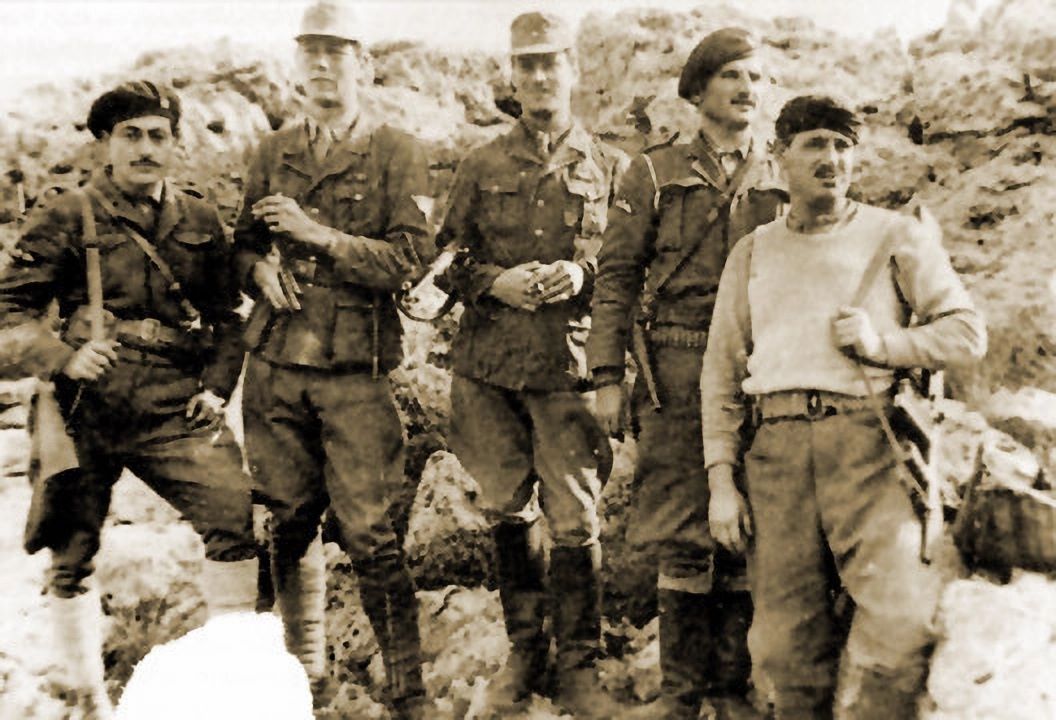
Interestingly, the original target of the operation was not General Kreipe, but his predecessor, General Friedrich-Wilhelm Müller, known for his harsh treatment of the Cretan population. Müller’s sudden replacement with Kreipe altered the mission’s focus, necessitating a swift adaptation by the operatives. The primary goal of this high-risk venture was to undermine German morale and exert psychological warfare by demonstrating the reach of Allied forces. This act of abduction was intended not just to capture a high-ranking officer but to deliver a potent message to the Axis powers about the vulnerabilities and reach of the resistance.
General Heinrich Kreipe: A Military Life in Brief
General Heinrich Kreipe was a career military officer in the German Army, whose service extended through both World Wars. Born on June 5, 1895, in Hannover, Germany, Kreipe joined the Imperial German Army in 1914, at the outset of World War I. He served with distinction on the Eastern and Western Fronts, earning several decorations for his service. Following the end of the war, Kreipe continued his military career in the Reichswehr, the interwar German military, and later in the Wehrmacht after the Nazis’ rise to power.
Historical Challenge: Can You Conquer the Past?
Test your knowledge of the past with our interactive history quiz! Can you answer all 20 questions?
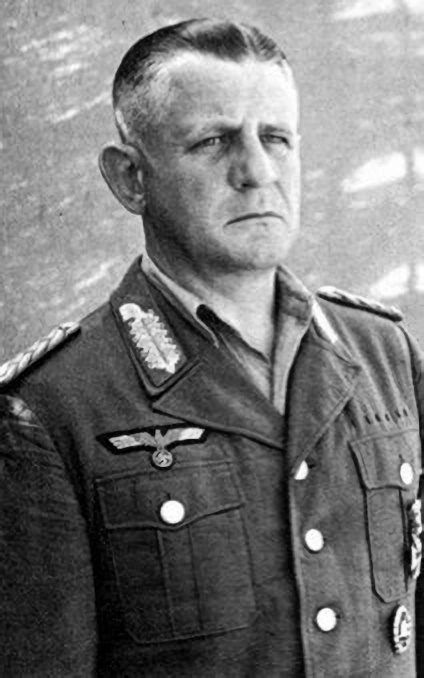
By the time World War II erupted, Kreipe had risen through the ranks and held various command positions. In 1943, he was appointed as the commander of the 22nd Air Landing Infantry Division and was involved in operations on the Eastern Front. In October of that year, Kreipe was transferred to Crete to take command of the 22nd Division, replacing General Friedrich-Wilhelm Müller. His tenure in Crete was marked by the challenges of guerilla warfare and the growing Cretan resistance movement, which ultimately culminated in his dramatic kidnapping by Allied operatives in April 1944.
The Execution of the Kreipe Abduction
The abduction of General Heinrich Kreipe unfolded on the evening of April 26, 1944, under the cover of darkness on the Greek island of Crete. Major Patrick Leigh Fermor, Captain W. Stanley Moss, and their team of Cretan partisans executed the plan with precision and stealth. Disguised as German military policemen, they set up a fake checkpoint near the general’s residence in the outskirts of Heraklion. As Kreipe’s car approached, the operatives stopped it, swiftly overpowering the driver and the general, and then discreetly drove the vehicle through 22 German-controlled checkpoints using the general’s own car, leveraging the respect his rank commanded to avoid suspicion.
Once safely out of Heraklion, the team abandoned the car and began a grueling cross-country trek, moving by night to avoid detection by German patrols. General Kreipe, though initially shocked, was treated with respect by his captors. The group traversed the rugged Cretan mountains, evading German search parties, and relying on the support of the local populace who risked their lives to provide shelter and sustenance. After several days of arduous travel, they finally reached the southern coast of Crete, where a British motor launch, sent by the Royal Navy, picked them up and transported them to Egypt, marking the successful conclusion of the audacious operation.
Aftermath and Legacy: The Enduring Impact of the Kreipe Operation
The successful abduction of General Heinrich Kreipe was hailed as a triumph of courage and ingenuity, capturing the imagination of the Allied world. The operatives, Major Patrick Leigh Fermor and Captain W. Stanley Moss, were both highly commended and received prestigious decorations for their roles in this extraordinary mission. Their feat demonstrated not only military prowess but also the strength of human spirit and cooperation, particularly in the context of the Cretan resistance’s involvement. General Kreipe, after his capture, was detained as a prisoner of war until 1947, experiencing firsthand the realities of the conflict from the other side.

In a remarkable turn of events, years after the war, in 1972, Fermor and Kreipe had a well-publicized reunion, reflecting the reconciliation and mutual respect that can follow even the most intense wartime adversities. This historic operation also inspired broader cultural recognition; it was immortalized in literature and film. Captain Moss’s memoirs of the abduction, titled “Ill Met by Moonlight,” provided a detailed account of the mission, and the story was later adapted into a film of the same name. These works not only recount the daring operation but also serve as a testament to the enduring human aspects of war, including bravery, strategy, and the unexpected bonds formed under the most challenging circumstances.

